Recreational marijuana laws for consumers, producers, dispensaries, and home growers.
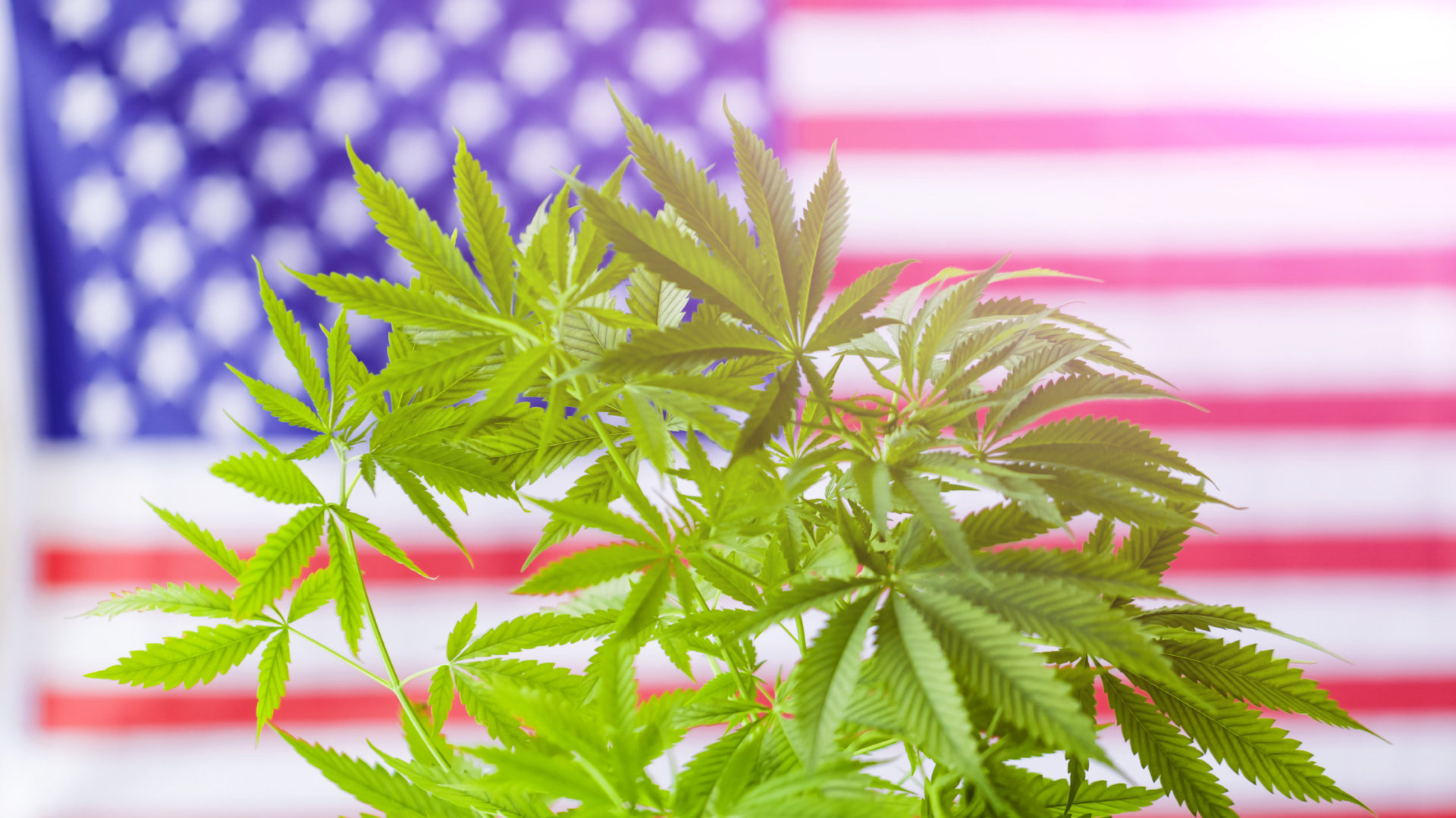
iStock / OlegMalyshev
Recreational and Medical Cannabis By The Numbers
11 states have legalized cannabis completely. That means that adults can access cannabis products for medicinal and recreational use.22 states have implemented or recently codified comprehensive medical marijuana regulations.
Each of those states has created a legal avenue for patients to access medical cannabis products.
14 states have in some way authorized the use of CBD only products.
Add those numbers together and then subtract that total from 50, and you’re left with 3.
That’s the number of states that have yet to legalize some form of cannabis.
States That Have Legalized Recreational Marijuana
Alaska
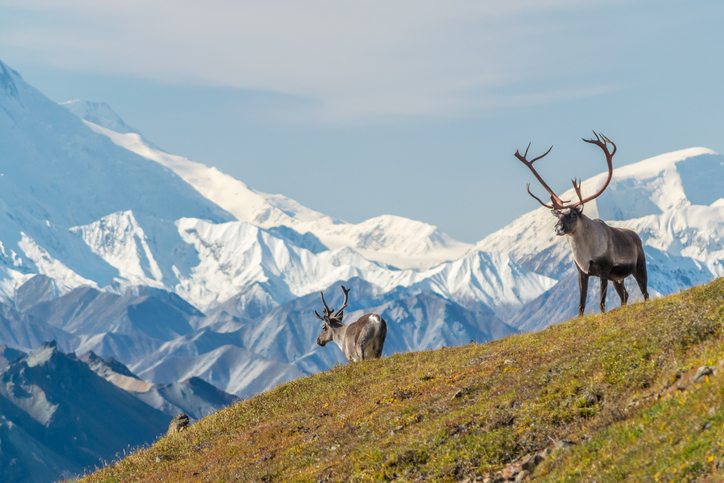
IStock / Cappan
Home Growing – Alaskans are authorized to grow up to 6 cannabis plants, 3 of which must be immature. Home growers may gift a maximum of 6 plants to another adult. Plants must be secure and hidden from public view.
Producers – There are currently 148 active cultivation licenses, but there is no cap on the number of licenses the state can distribute. The application for a new license is $1000, and the cultivation license fee is $5000.
Dispensaries – There is no limit on the number of retailer licenses that the state can distribute.
There are currently 70 active licenses. The application for a new license is $1000, and the retailer license fee is $5000. Business licenses will only be issued to prospective entrepreneurs who are residents of the state. Dispensaries may grow, process, and sell their own products with the appropriate licensure. A March 2019 law was passed authorizing consumers to smoke onsite at licensed retailers. The law was implemented in April 2019.
California

iStock / bluejayphoto
Home Growing – Adults may grow up to 6 plants in a well-secured location that is hidden from public view.
Producers – All cannabis business licenses are issued by city or county, so limits, rules, and fees vary. The state application fee for a cannabis business license is $1000.
Dispensaries – Retailers must apply for a license with the state, but the rest of the process is regulated by the city or county. Fees and rules vary per local government.
Colorado
Consumers – Adults may possess up to 1 ounce of flower and/or concentrates. Adults may gift up to 1 ounce of cannabis to other adults. Cannabis is available for sale from licensed retailers. Delivery was legalized in early May 2019. Consumers may not consume cannabis publicly, but a May 2019 law authorizes the operation of cannabis cafes or lounges where consumers can enjoy their cannabis products socially.Home Growing – Adults may grow up to 6 cannabis plants, 3 of which must be immature plants. The plants must be in a well-secured area that is hidden from public view.
Producers – There is no limit on the number of cultivation licenses the state can issue. There are currently 716 active recreational cultivation licenses. The application fee for a new commercial license is $4000. Licensing fees depend on the cultivation capacity of the facility. The base fee is $1800 but increases at least $700 as plant production capacity increases.
Dispensaries – There are 553 active retailer licenses, but there is no cap on the number of licenses the state can distribute. A new retailer store fee application fee is $4500. The license fee for a retail store is $1800. Dispensaries are authorized to grow, process, and sell their own product as long as they have each license.
District of Columbia
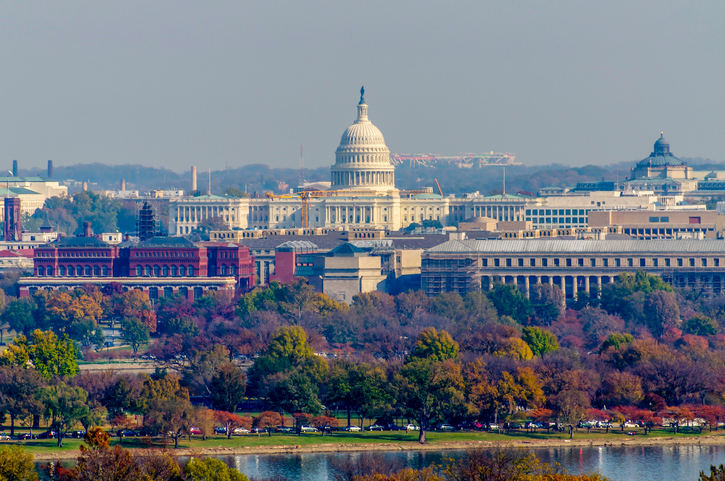
IStock / Matt-Anderson
Home Growing – Adults may grow up to 6 plants with a cap of 3 mature plants at a time. The plants must be located in a secure location hidden from public view.
Producers – Commercial cannabis production is prohibited.
Dispensaries – Retail cannabis sales are prohibited.
Maine
Maine’s rules are still being developed and the law has not yet been implemented. Here is how rules currently stand.Consumers – Consumers may possess up to 2.5 ounces of flower or a combined 2.5 ounces of flower and concentrates, with no more than 5 grams being concentrates. Public consumption is prohibited; however, the law authorizes cannabis social clubs.
Home Growing – Adults may cultivate up to 3 mature plants, 12 immature plants, and an unlimited number of seeds.
Producers – The application fee depends on the size of the cultivation facility. The smallest cultivation facilities will owe $100, and the largest will owe $500.
Dispensaries – Retail cannabis stores will pay an application fee ranging from $250 to $2500.
Massachusetts
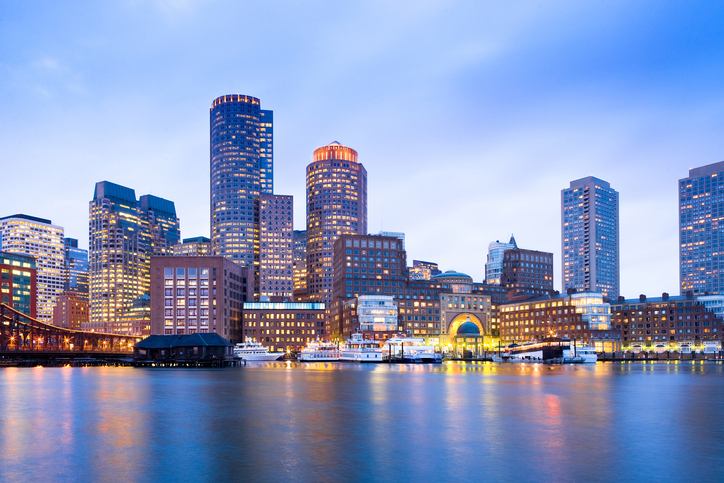
iStock / tifonimages
Home Growing – Adults may grow up to 12 cannabis plants, 6 of which must be immature. The plants must be located in a secure location invisible to the public.
Producers – Until October 1, 2019, only 75 licenses will be issued to cultivators. After that date, there will be no limit on the number of cultivation licenses the state may issue. Cultivation application fees range from $200 to $600. Licensing fees range from $625 to $25,000.
Dispensaries – Until October 1, 2019, only 75 licenses will be issued to cannabis retail stores. After that, there will be no limit. The dispensary application fee is $300 and the licensing fee is $5000.
Michigan
As voters approved its recreational law in 2018, Michigan is still developing its regulatory structure. Here is what we know.Consumers – Adults may possess up to 2.5 ounces of flower and up to 15 grams of that total may be concentrates. Cannabis may not be consumed publicly. Consumers may purchase their cannabis from licensed retailers. Adults may gift 2.5 ounces and/or 15 grams of concentrate to another adult.
Home Growing – Adults may grow up to 12 cannabis plants. The plants must be contained in a secure location and cannot be visible by the public.
Producers – Local municipalities will determine how many licenses can be issued and at what cost.
Dispensaries – Provisioning center licenses will not be limited by the state, but they can be limited by the city/county governments.
Nevada
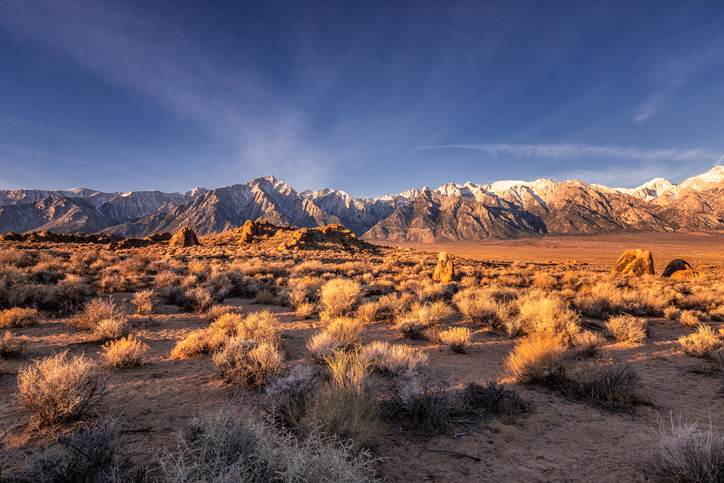
iStock / RuslanKaln
Home Growing – Adults may grow up to 6 plants. The plants must be locked in a secure location and hidden from the public eye.
Producers – There is no limit on the number of cultivation licenses the state may issue. The licensing fee for a commercial production facility is $30,000.
Dispensaries – A cap of 66 licenses may be issued to dispensaries. The license fee for a recreational retail establishment is $20,000. Vertical integration is allowed, so with the proper licensure, dispensaries may cultivate, process, and sell their own cannabis products.
Oregon
Consumers – Adults may possess 1 ounce of cannabis. Public consumption is prohibited.Adults may purchase cannabis from licensed retail stores. Adults may gift 1 ounce of cannabis to another adult.
Home Growing – Adults may cultivate up to 4 cannabis plants at home. The plants must be stored in a secure location hidden from public view.
Producers – There is no limit on the number of cultivation licenses the state can issue. There are currently 1115 active licenses. The application fee is $200. The license fee for a producer ranges from $1000 to $5750.
Dispensaries – There is no limit on the number of dispensary licenses the state can issue. There are currently 606 active licenses. The application fee is $250. The license fee is $4750. Vertical integration is allowed, so brands may cultivate, process, and distribute their own product with the appropriate licensure.
Vermont

iStock / Sean-Pavone
Consumers – Adults may possess up to 1 ounce of cannabis, 5 grams of which may be concentrates.
Public consumption is prohibited. Consumers will be able to purchase cannabis from licensed retail stores, but for now, consumers are limited to home grows.
Home Growing – Adults may grow up to 6 cannabis plants, 4 of which must be immature.
Producers – N/A
Dispensaries – N/A
Washington
Consumers – Adults may possess up to 1 ounce of cannabis flower, up to 16 ounces of cannabis-infused solid products, and up to 72 ounces of concentrates within the privacy of a residence.Public consumption is prohibited. Cannabis may be purchased from a licensed cannabis retail store.
Home Growing – Home grows are prohibited.
Producers – There is no limit on the number of producer licenses that may be issued by the state. The license application fee is $250. The license fee is $1480.
Dispensaries – There is no cap on the number of retailer licenses that can be issued by the state.
The license application fee is $250 and the license fee is $1480.
Laws That Apply To All Recreational States
While each recreational state has its own way of regulating recreational cannabis, there are three rules that apply across the board:• 21 is the legal age of purchase.
• Cannabis cannot be transported across state lines regardless of whether each state has legalized cannabis or not.
• Driving while high is prohibited.
• Local governments have the right to ban one or more segments of the cannabis industry despite state legality.
States with Comprehensive Medical Marijuana Programs
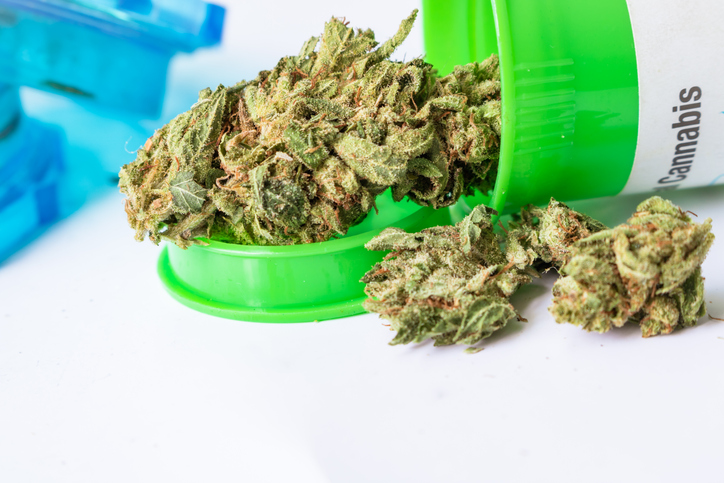
iStock / HighGradeRoots
Arizona
Arkansas
Connecticut
Delaware
Florida
Hawaii
Illinois
Louisiana
Maryland
Minnesota
Missouri
Montana
New Hampshire
New Jersey
New Mexico
New York
Ohio
Oklahoma
Pennsylvania
Rhode Island
Utah
West Virginia
CBD Only States
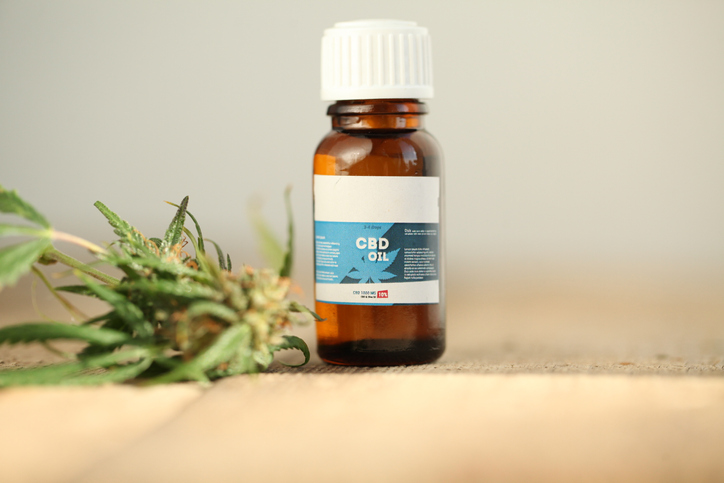
iStock / OlegMalyshev
Alabama
Georgia
Indiana
Iowa
Kansas
Kentucky
Mississippi
North Carolina
Tennessee
Texas
Virginia
South Carolina
Wisconsin
Wyoming
Prohibition States
These states have adopted the Federal government’s stance on cannabis and classify all forms of the plant or its derivatives as Schedule I substances.Idaho
Nebraska
South Dakota

No comments:
Post a Comment